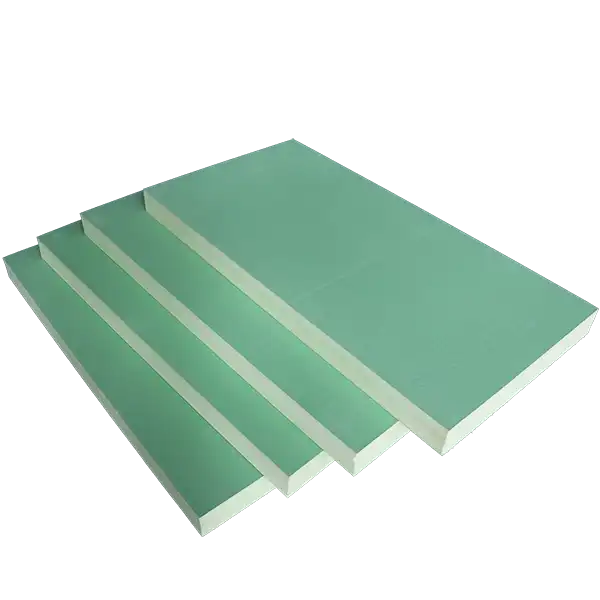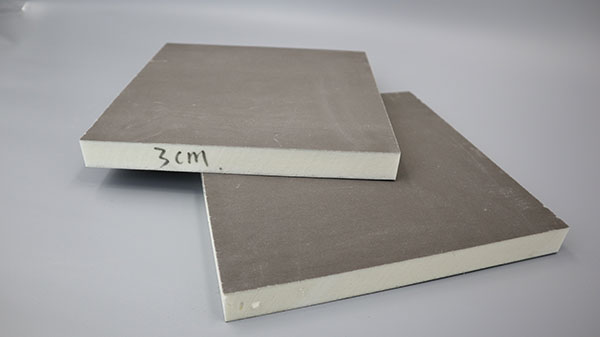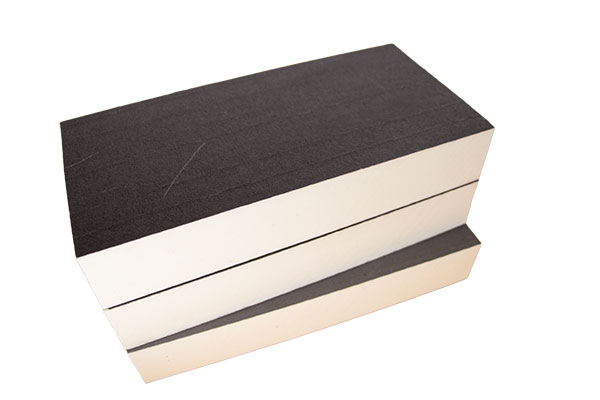Polyiso insulation short for polyisocyanurate is one of the most popular and effective rigid foam boards used in construction. But where exactly do you find it? Here’s a straightforward look at its main jobs:

Roof Insulation (Especially Commercial Buildings): This is polyiso’s biggest job. Contractors install thick polyiso boards above the roof deck (on top) or below it (inside). Its high R-value per inch (typically R-6 to R-7) means buildings get excellent thermal protection without needing excessive thickness. It’s tough, handles temperature swings well, and helps cut energy bills significantly. It’s also the top choice for covering existing roofs because it adds strength and insulation without much extra weight.
Wall Insulation (Commercial & Residential): Polyiso boards fit perfectly inside the walls of offices, stores, warehouses, and homes. You’ll find them:
- Behind Exterior Cladding: Sandwiched between the outer wall surface (like brick, metal, or siding) and the inner wall structure.
- In Continuous Insulation Systems: Covering the entire wall frame continuously, reducing thermal bridging (spots where heat easily escapes through the wall studs).
- Its high R-value makes walls thinner or much better insulated, saving space and energy.
Insulation for Coolers, Freezers & Cold Storage: Keeping things cold requires powerful insulation. Polyiso’s closed-cell structure acts like a barrier against heat and moisture, crucial for refrigerated warehouses, food processing plants, and even refrigerated trucks. Its strength also helps support walls and roofs in these demanding environments.
Specialty Applications:
- Insulated Metal Panels (IMPs): Polyiso is the core material inside the metal walls and roofs you see on many modern factories and warehouses.
- Below Grade (Foundations): Special types of polyiso, designed to handle ground contact and moisture, can insulate basement walls and foundation footings.
- HVAC Duct Wrap: Sometimes used to insulate ductwork, preventing energy loss from heating and cooling systems.
Why Choose Polyiso for These Jobs?
- High R-Value: More insulating power per inch than many other materials = better energy savings.
- Fire Resistance: Polyiso generally has good fire performance ratings (check specific product data sheets).
- Strength: Rigid boards are durable and add structural support.
- Moisture Resistance: Closed-cell foam resists water absorption well.
- Versatility: Works on roofs, walls, and many other places.
In Simple Terms: Think of polyiso insulation boards as a super-efficient thermal shield. Builders and engineers use them primarily to keep heat out in the summer and warmth in during the winter, especially on commercial building roofs and walls, and anywhere that needs serious cold protection like freezers. Its efficiency and strength make it a go-to material.

